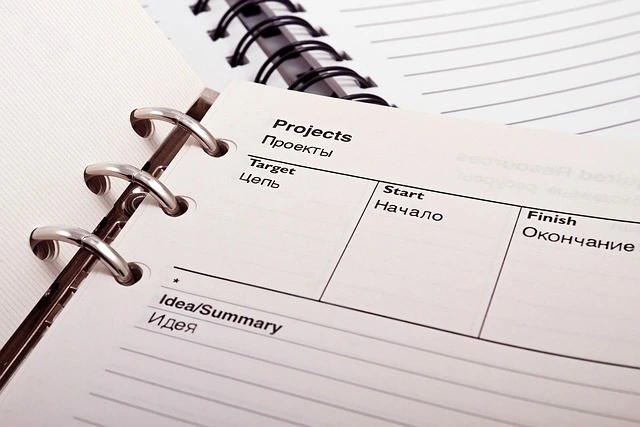Effective ways to improve thinking flexibility

Flexibility of thinking is the ability to adapt to new conditions, make non-standard decisions, and respond effectively to changes in both personal and professional life. This skill opens up a wide range of growth opportunities for you.
However, not everyone can boast of flexible thinking — on the contrary, such people are rare in your life. The good news is that flexibility of thinking can and should be developed. No one is born with a naturally trained skill. So, you can significantly improve your cognitive abilities using several methods presented below.
9 Effective ways to improve thinking flexibility
1. Constantly expand your horizons
New information and experiences stimulate the brain, helping to create new neural connections and enhance cognitive abilities. Aim to venture beyond the norm by watching documentaries, visiting museums and galleries, and reading books and articles from various subject areas.
Traveling will also help you develop more adaptable thinking skills because it will broaden your worldview and enable you to view various things from different angles.
2. Connect with people with different perspectives and worldviews

Every encounter with someone who thinks and sees the world differently offers the chance to let go of the familiar framework. Seek opportunities to interact with individuals from various social groups, occupations, and cultural backgrounds.
Engage in conversations and arguments; even if you disagree with the other person, attempt to comprehend their logic and reasoning. This will broaden your perspective on life and instill a more tolerant attitude toward opposing viewpoints.
3. Set yourself new and challenging tasks
Getting outside one’s comfort zone is necessary for developing mental flexibility. Consistently try to assign oneself new and complex tasks. Examples are taking on challenges in various areas of life, picking up a new language, and becoming proficient in a new job or interest. This technique actively stimulates the brain, teaches it to adjust to changing circumstances, and can create unconventional solutions.
4. Practice solving puzzles and logic problems

Puzzles and logical tasks stimulate critical and analytical thinking and improve memory and concentration. You can dilute the usual daily schedule with crosswords, Sudoku, and chess or use unique applications and online services with exciting tasks. Devoting a few minutes daily to such activities will help keep your brain in good shape.
5. Learn foreign languages
Learning a new language requires the brain to create neural connections and adapt to new grammatical structures. This helps to improve memory, attention, and switching between tasks. Choosing a language that is entirely unfamiliar to you to study is unnecessary.
If you started to understand English or any other language at school or university, pick up where you left off. You will still find many new things, but at the same time, you will not have to start learning from scratch, which will increase your motivation.
6. Get creative

Creative activity is one of the most influential and enjoyable ways to develop flexibility in thinking. Drawing, writing, music, dancing, or any other form of self-expression stimulates the brain.
Creativity forces you to find non-standard solutions, train your memory, face new challenges, and adapt to rapidly changing circumstances. Choose any creative activity that attracts you and start developing at any pace. Even if you spend a couple of hours a week on your hobby, it will still positively affect your brain’s capabilities.
7. Keep a diary and analyze your thoughts

A diary is a great way to self-reflect and analyze your thoughts and actions. It helps you develop awareness, improve emotional intelligence, and find new, non-standard solutions to problems.
Rereading your notes or putting chaotic thoughts on paper helps you see how you could act in a given situation. Keeping a diary also helps reduce stress and anxiety, positively affecting your cognitive functions.
8. Learn to meditate and practice mindfulness
Meditation and mindfulness practice are powerful tools for increasing flexibility in thinking. Meditation lets you focus on the current moment and better manage your thoughts and emotions.
Mindfulness helps you recognize automatic reactions and replace them with those more suitable for the situation. You learn to control where you are now, your feelings, and your decisions.
9. Develop active listening skills

Active listening requires concentration on what your interlocutor is saying. This helps you develop empathy and improve your communication skills. It also requires you to be open to new ideas and points of view, which stimulates flexibility in thinking. It also allows you to understand better the content of words and other people’s hidden subtext, emotional state, and motivation.




